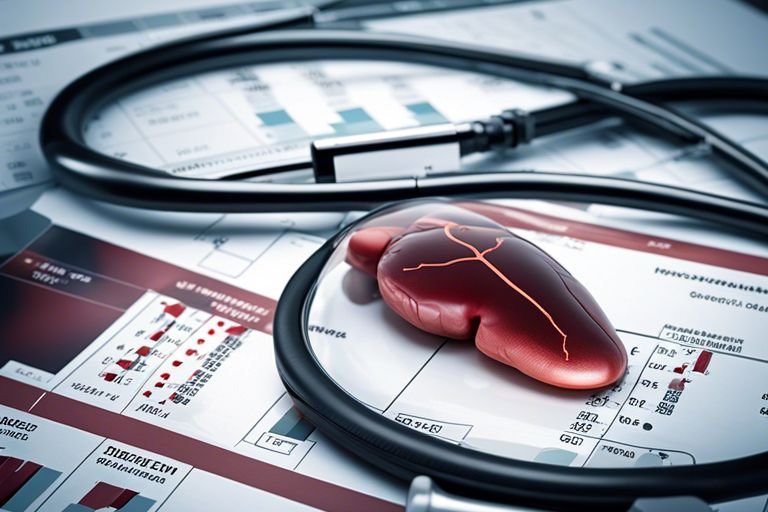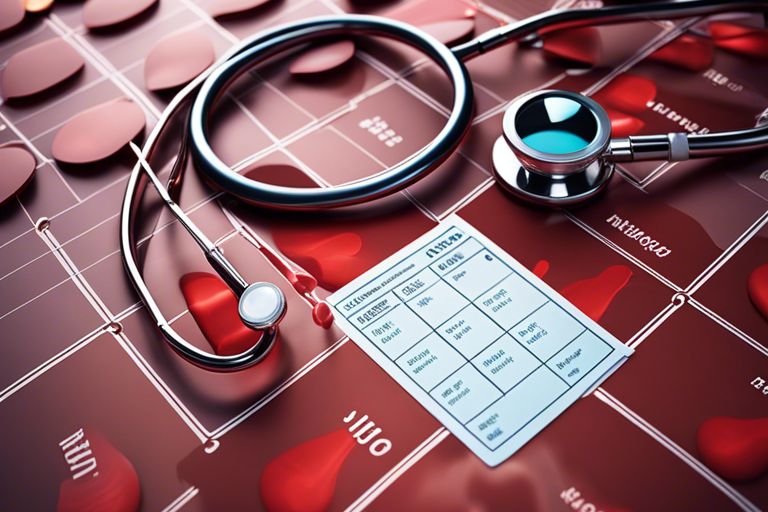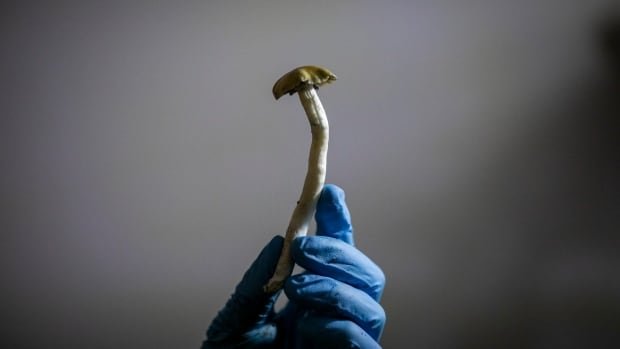With the rise in liver diseases worldwide, it is crucial for individuals to understand the importance of regular check-ups and monitoring of their liver health. Early detection of liver issues can be life-saving, as liver diseases often show few to no symptoms until they are advanced and may result in irreversible damage. Through routine check-ups, healthcare providers can identify any abnormalities in liver function, assess the risk factors, and recommend appropriate treatment and lifestyle adjustments to prevent further complications. Stay informed, prioritize your liver health, and schedule regular monitoring to ensure a long and healthy life.
Understanding Liver Function
To fully grasp the importance of regular check-ups for your liver, it’s crucial to understand the vital functions this organ performs in the body. From detoxifying harmful substances to producing crucial proteins and biochemicals, the liver plays a central role in maintaining overall health and well-being.
Key Roles of the Liver in the Body
Liver functions include producing bile for digestion, storing glycogen for energy, and metabolizing drugs and toxins. It also aids in the synthesis of proteins crucial for blood clotting and immune system function.
Common Liver Diseases and Conditions
Understanding the common liver diseases and conditions is paramount for early detection and treatment. Some of the most prevalent liver issues include hepatitis, fatty liver disease, cirrhosis, and liver cancer. These conditions can cause serious harm if left untreated, highlighting the importance of monitoring liver health regularly.

This knowledge underscores the critical need for routine liver function tests and imaging studies to detect any abnormalities early on. Prompt identification and management of liver diseases can significantly improve outcomes and prevent progression to more severe complications.

The Benefits of Regular Liver Monitoring
There’s Why Routine Liver Function Test Is Important? regular liver monitoring is important in maintaining optimal health. It allows healthcare providers to track any changes in liver function and detect potential issues early on.
Early Detection of Liver Issues
For early detection of liver issues, regular liver monitoring through routine tests is crucial. By identifying problems in their early stages, healthcare providers can implement appropriate interventions to prevent further damage and improve outcomes for patients.
Improving Longevity and Quality of Life
An individuals’ quality of life can significantly improve with regular liver monitoring. This proactive approach can help in detecting liver problems early, allowing for timely interventions and preventing serious complications. Through consistent monitoring, individuals can manage their liver health effectively and make informed decisions to enhance their overall well-being.
This proactive approach to liver health not only benefits the individual but also reduces healthcare costs associated with advanced liver disease treatment. By prioritizing regular check-ups and monitoring, individuals can increase their longevity and maintain a high quality of life.
What to Expect During a Liver Check-up
Many Liver Function Tests: Types, Purpose & Results Interpretation are commonly performed during a liver check-up. These tests help assess the health of your liver and detect any potential issues early on.
Types of Liver Function Tests
In a liver check-up, various types of liver function tests are conducted to evaluate different aspects of liver health. This includes tests to measure the levels of enzymes, proteins, and other substances produced by the liver. Recognizing abnormalities in these levels can indicate liver damage, inflammation, or other underlying conditions.
| 1. Albumin | Measures the level of albumin in the blood, a protein made by the liver |
| 2. ALT (Alanine Aminotransferase) | Detects liver damage or disease |
| 3. AST (Aspartate Aminotransferase) | Indicates liver or muscle damage |
| 4. Bilirubin | Measures the level of bilirubin, a waste product produced by the liver |
| 5. ALP (Alkaline Phosphatase) | Detects liver or bone issues |
Interpreting Your Results
When interpreting your liver function test results, it is crucial to pay attention to any values that fall outside the normal range. High levels of ALT and AST may indicate liver damage, while low levels of albumin could suggest liver disease. Abnormal bilirubin levels may point to issues with bile flow. Regular check-ups are vital to monitor these levels over time and detect any changes that could signal potential liver problems.
Lifestyle and its Impact on Liver Health
Diet, Exercise, and Liver Function
Despite the advancements in modern medicine, maintaining a healthy lifestyle remains crucial for optimal liver function. Healthy diet choices and regular exercise play a significant role in supporting liver health. Consuming a well-balanced diet rich in fruits, vegetables, whole grains, and lean proteins can help reduce the risk of fatty liver disease and promote overall liver function. Regular physical activity not only aids in weight management but also helps improve insulin sensitivity and reduce liver inflammation.
Alcohol, Toxins, and Medications
Health function
Liver health can be significantly impacted by alcohol consumption, exposure to toxins, and the use of certain medications. Heavy alcohol consumption can lead to the development of alcoholic liver disease, while exposure to environmental toxins and certain medications can cause liver damage. It is crucial to limit alcohol intake, avoid harmful chemicals, and always follow medical advice when taking prescription medications to protect liver health.
The liver is a remarkable organ capable of regenerating itself; however, long-term exposure to excessive alcohol, toxins, or certain medications can overwhelm its regenerative capacity and lead to irreversible damage. Monitoring your intake of alcohol and being cautious of environmental toxins and medications can significantly reduce the risk of liver disease and ensure optimal liver function.
Final Words
Hence, it is crucial to emphasize the importance of regular check-ups for monitoring your liver health. By staying proactive and scheduling routine appointments with your healthcare provider, you can ensure early detection of any potential issues and take the necessary steps to maintain a healthy liver. Note, your liver plays a vital role in your overall well-being, and monitoring it regularly can help prevent serious liver conditions from developing. Take charge of your health and prioritize regular check-ups for a healthier future.










